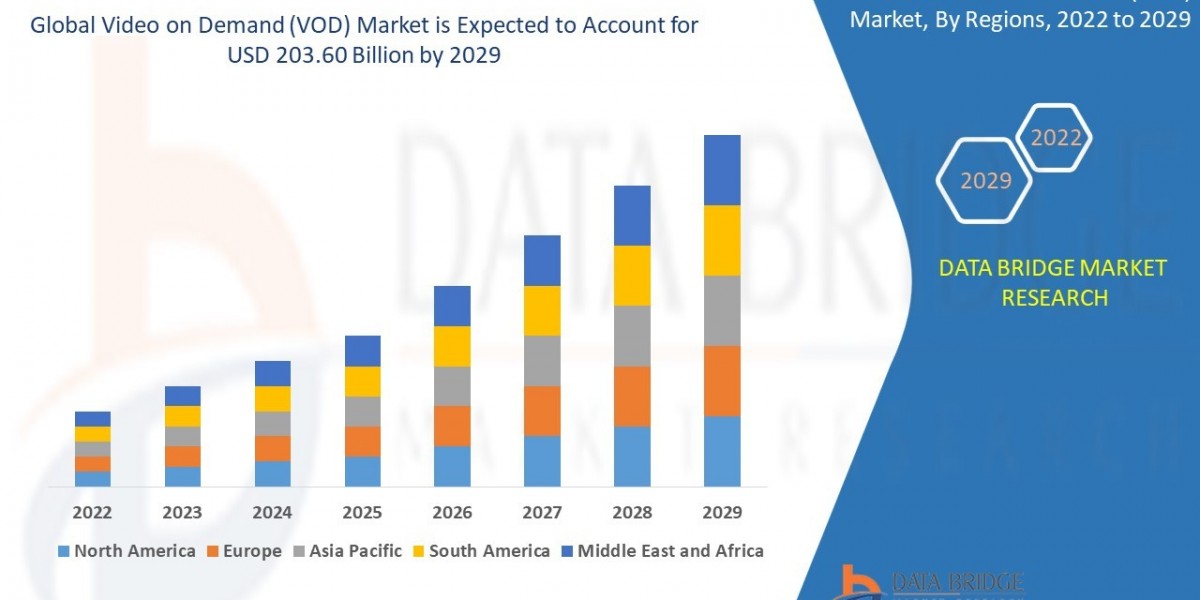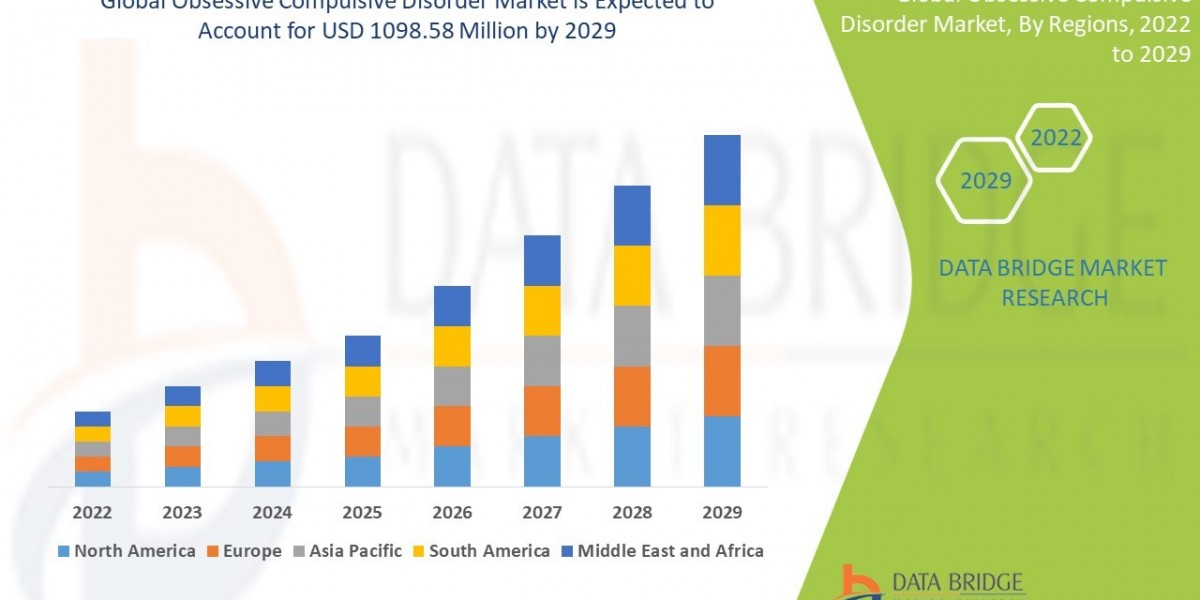Even the most mission-driven organisations need to change to remain relevant in the fast-paced digital age. Charities and nonprofits, once reliant on manual processes and outdated systems, are now embracing digital solutions to boost their reach, efficiency, and impact. The increasing role of IT for charities is transforming how these organisations operate, enabling them to connect with donors, streamline operations, and improve transparency.
The Importance of IT in the Nonprofit Sector
However, this mindset is changing rapidly. Charities are now seeing how IT can be used not only for back-office efficiency but also for strategic purposes like donor engagement, fundraising, and service delivery.
- With the right tools and infrastructure, even small charities can access powerful technologies that were once only available to large corporates.
How IT Improves Operational Efficiency in Charities
Efficiency is vital in the nonprofit sector, where every pound must be spent wisely. IT can significantly reduce administrative overheads and allow more resources to be channelled directly to the cause. Here are some ways IT for charities enhances operational effectiveness:
- Cloud-based systems eliminate the need for physical servers, allowing data access from anywhere and reducing IT maintenance costs.
- Tasks like organising volunteers, managing donations, and maintaining beneficiary data are made easier using charity management software.
- Automation tools can handle repetitive administrative tasks, freeing up staff for more strategic work.
By reducing the time and effort needed for daily operations, IT allows charities to focus on their core mission.
Enhancing Donor Engagement and Fundraising Through Technology
With so many causes fighting for attention, connecting with contributors is more difficult than ever. The way charities communicate and generate money has been completely transformed by digital tools:
- Online donation platforms make it easy for supporters to contribute from any device, boosting convenience and donation frequency.
- Email automation allows for personalised messaging based on supporter behaviour, increasing engagement and retention.
- Data analytics provide insights into donor trends and preferences, enabling better decision-making and campaign planning.
Effective use of digital tools ensures that donors feel valued and informed, which increases trust and long-term support.
Supporting Remote and Hybrid Work Environments
The pandemic highlighted the need for flexibility in work arrangements, and charities were no exception. Today, many nonprofits continue to embrace hybrid working models. Technology is essential in order to render this achievable:
- Volunteers and distant employees can communicate easily thanks to platforms like Slack, Zoom, and Microsoft Teams.
- Cloud storage solutions like OneDrive and Google Drive ensure secure and easy access to files from anywhere.
- Virtual desktops and VPNs provide a secure environment for accessing organisational systems off-site.
The shift towards remote work has not only improved work-life balance but also reduced operational costs and broadened access to talent.
Leveraging Data for Better Programme Outcomes
Charities are under increasing pressure to demonstrate the impact of their work. IT helps gather, analyse, and report data effectively:
- Dashboards offer visual insights into performance metrics for easy reporting to stakeholders and funders.
- Data analysis tools enable charities to spot trends, refine their interventions, and present compelling evidence to support funding applications.
When used correctly, data becomes a powerful asset that can drive continuous improvement and transparency.
Cost-Effective IT Solutions for Charities
Budget constraints remain a significant hurdle, but cost-effective IT solutions are now more accessible than ever:
- Tech giants like Microsoft and Google offer discounted or free software licences to registered charities.
- Open-source software offers reliable, feature-rich tools at no cost, helping charities reduce expenses and avoid licensing fees.
- Outsourced IT services allow charities to access expert support without the cost of maintaining an internal IT department.
Investing in technology no longer requires breaking the bank. Strategic decisions and partnerships can ensure access to modern IT solutions without compromising financial stability.
Overcoming Digital Transformation Barriers
Despite the benefits, several barriers can hinder digital transformation in the nonprofit sector:
- Limited internal expertise means that many charities do not know where to begin or what technology to prioritise.
- Change management challenges can arise when staff or volunteers are hesitant to adopt new tools.
- Outdated legacy systems and ineffective data management can hinder smooth integration with new platforms, delaying digital transformation efforts.
To overcome these issues, charities must invest in digital skills training and seek guidance from experienced IT consultants. Collaboration with managed IT providers can ensure a smoother transition and ongoing support.
The Future of IT in Charities: What's Next?
Technology continues to evolve, and with it, new opportunities emerge for the nonprofit sector:
- Artificial intelligence can automate donor interactions, analyse impact data, and improve service delivery.
- Predictive analytics could help charities identify at-risk beneficiaries or forecast campaign success.
- Virtual and augmented reality could enhance storytelling and engagement during fundraising events.
These innovations may sound futuristic, but many are already in use today. The organisations that adapt now will be the ones best equipped to face the challenges of tomorrow.
Data Protection and the Role of Penetration Testing
Charities handle sensitive data about donors, staff, and beneficiaries, making them targets for cybercrime. Therefore, robust security measures are critical. Penetration testing UK services assist nonprofits in locating and addressing vulnerabilities before they become exploitable.
- Regular penetration testing helps identify and fix vulnerabilities, ensuring IT systems remain secure against evolving real-world cyber threats.
- Compliance with data protection regulations, such as GDPR, is strengthened through routine audits and testing.
- Charities gain stakeholder trust by demonstrating a proactive approach to cybersecurity, protecting sensitive data and ensuring regulatory compliance.
With phishing attacks and ransomware on the rise, even the most ethical organisations must adopt strong cyber defences. Penetration testing UK is an essential part of a modern nonprofit’s IT strategy.
Conclusion
Digital transformation is no longer optional—it is the backbone of modern charitable operations. It is impossible to overestimate the importance of IT for nonprofits, from boosting cybersecurity to improving fundraising. Investing in technology empowers nonprofits to do more with less and serve their communities better. For charities looking to maximise their impact through IT, expert support is essential.
Renaissance Computer Services Limited is dedicated to providing customised IT solutions, such as cloud services, remote assistance, and cyber security, to assist charities in navigating the digital terrain. With a deep understanding of the nonprofit sector, we provide the tools and guidance needed for secure, scalable, and sustainable growth.








